The Citizenship Amendment Act (CAA) of India, passed by the Narendra Modi government in 2019, has stirred significant controversy and debate both within the country and on the international stage. The amended Act aims to grant citizenship to persecuted minorities from neighboring countries, but its exclusionary provisions based on religion have sparked widespread criticism and protests.
The amended Citizenship Act offers citizenship to individuals who migrated to India before December 31, 2014, due to religious persecution from Afghanistan, Pakistan, and Bangladesh. Notably, refugees from Hindu, Sikh, Jain, Buddhist, Parsi, and Christian communities are eligible for citizenship under this law, while Muslims are excluded. This religious-based criterion for citizenship has been at the center of the controversy surrounding the CAA.
Critics argue that by explicitly excluding Muslims from the purview of the Act, the government is institutionalizing discrimination on the basis of religion, which goes against the secular principles enshrined in India's constitution. Human Rights Watch and Amnesty International India have both condemned the law, stating that it violates India's constitutional values and discriminates against Muslims and other minority groups.
Moreover, concerns have been raised about the potential ramifications of the CAA on India's social fabric and communal harmony. Many fear that the law could exacerbate existing tensions and lead to further marginalization of minority communities, particularly in states with a history of communal violence.
Opposition to the CAA has been particularly vocal in states like West Bengal and in the northeastern regions of India. Critics argue that the influx of refugees granted citizenship under the Act could alter the demographic and cultural landscape of these regions, leading to language and cultural issues.
West Bengal Chief Minister Mamata Banerjee has been a prominent voice in the movement against the CAA, advocating for its repeal. She has raised concerns about the exclusion of Muslims from the law and questioned the need for a new citizenship law when existing provisions already govern citizenship criteria.
In response to the widespread protests and criticism, the central government has sought to reassure citizens that the CAA will not affect the citizenship status of any individual, regardless of religion. The Home Ministry has stated that no Indian citizen, including Muslims, will be required to produce additional documents to prove their citizenship under the Act.
Despite these assurances, the implementation of the CAA has been met with violent protests and demonstrations across India, resulting in casualties and injuries. The contentious nature of the law underscores the deep divisions within Indian society and the complex challenges of navigating issues of identity, religion, and citizenship in a diverse and pluralistic democracy.



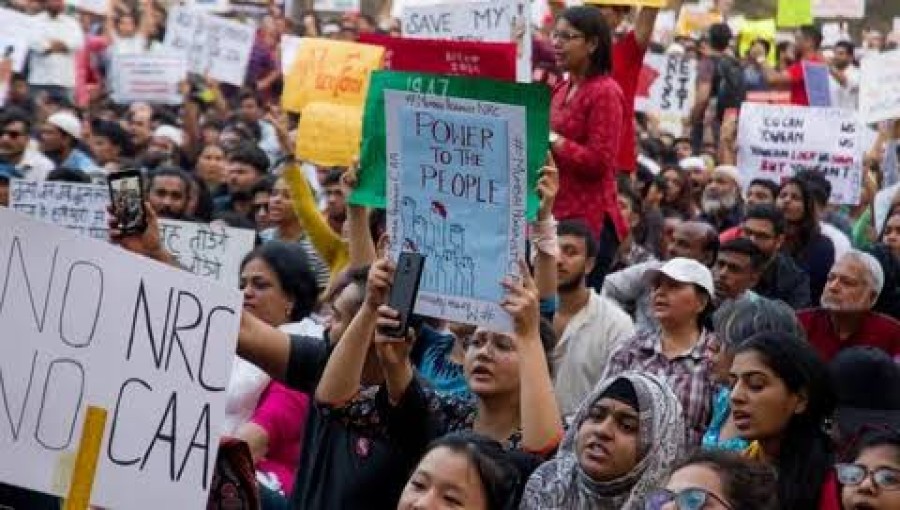

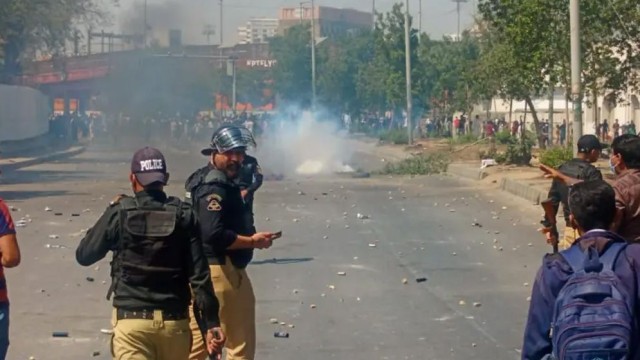
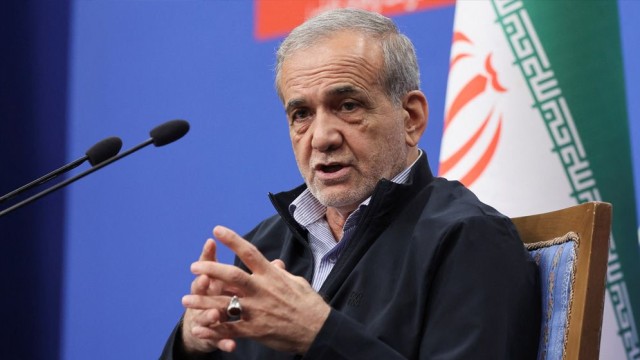
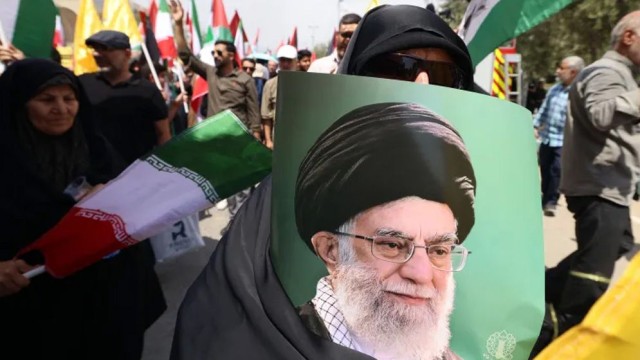
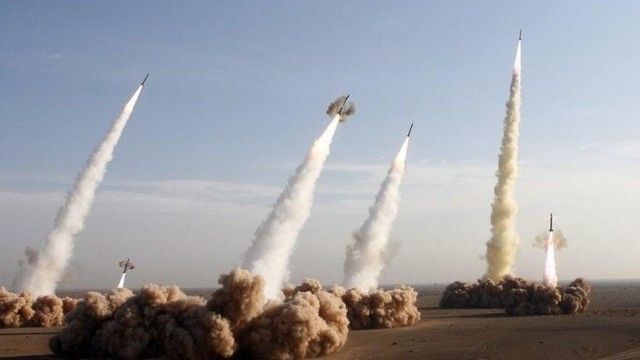
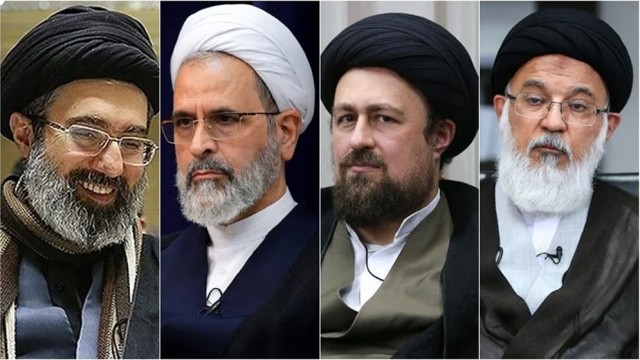



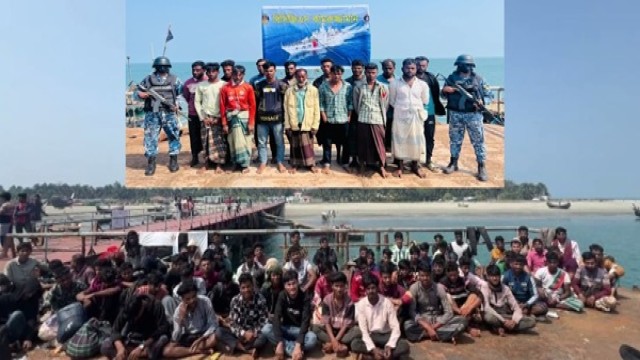
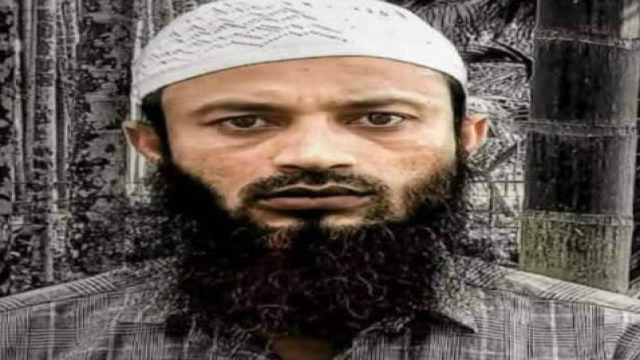
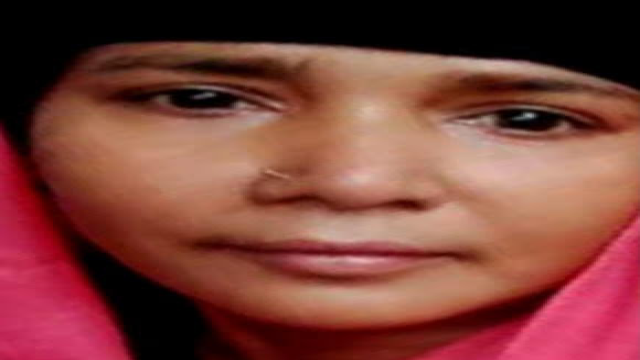



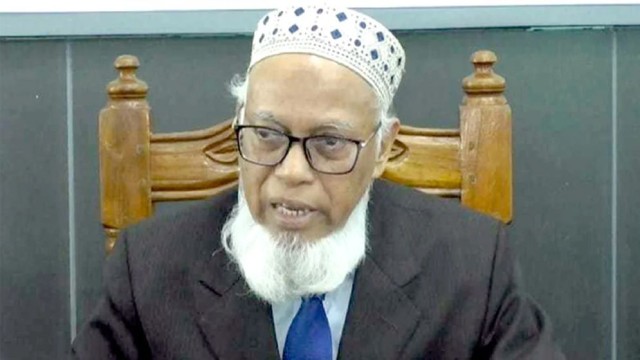










Comment: